|
Living in a state of chaos can shape our definitions of survival, purpose, and love. For some, doing everything possible to cut out chaos is how we show love.
Shirzad Chamine, the author of “Positive Intelligence”, explained that growing up in chaos and unhappiness can drive a person to always want to do everything well. Fixing problems, making other people’s lives easier, and making people happy will make you happy. The concern with that idea is you cannot control what makes other people happy and to what extent. You may spend time doing a lot for other people that does not make them happy, which then makes you unhappy.
0 Comments
Living our authentic self means honoring all parts of who we are. That includes our thoughts, feelings, and emotions. They allow the soul to express itself in this world. We tend to bury our thoughts, feelings, and emotions to please our family, friends, and society. We do not express happiness so that others don’t get jealous. We do not show sadness so that we don’t seem ungrateful. We hide our grief so that we don’t worsen someone else’s grief. We cover up our anger so that others don’t feel unsafe. By doing these things, we also bury who we truly are, the authentic self.
Finding out a loved one has died is like a detonated bomb that damages the boundaries of presence.
You have a sharp moment when you are present (finding out the person died). It creates a pain so big and powerful that your mind and soul cannot contain it. That pain explodes, creating heartbreak. Each culture has specific expectations of each demographic: men should be physically strong; women should cook; teenagers should get good grades in school; and children should be seen, not heard. The problem with having specific expectations of whole sections of society is that it's unrealistic.
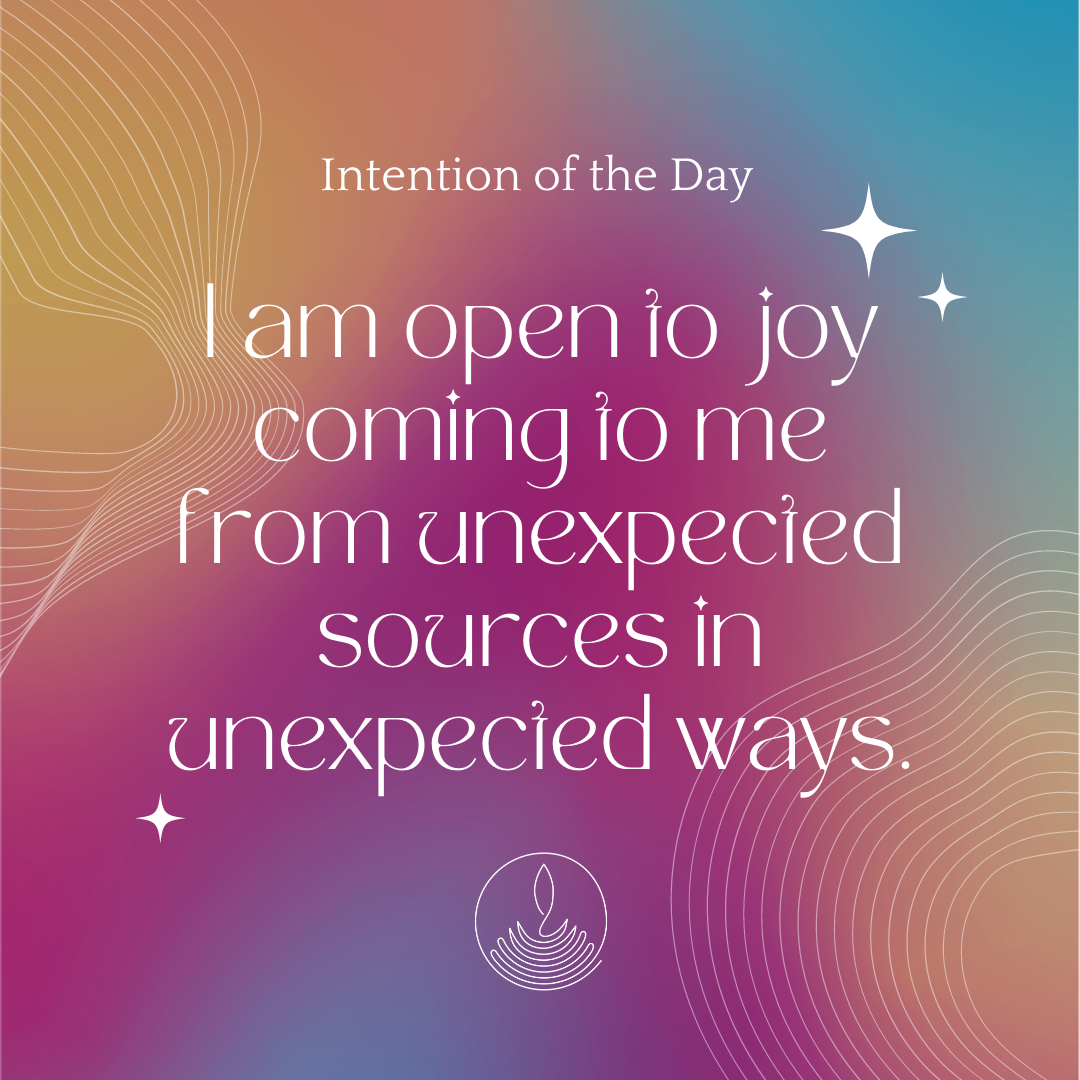 One night during my third year of college, some friends knocked on my dorm room door proclaiming, "We're going country line dancing! Let's go!" In which reality would you see a Jamaican going country line dancing in the middle of Connecticut? Apparently, in the one where your friends offer to pay for everything. Human beings are social by nature. There isn't a person on Earth whose thoughts, emotions, actions, and beliefs are not impacted in one way or another by people. Faced with that reality, one of the best forms of self-care is creating for yourself a network of people who make us feel loved, safe, and supported at all times: your tribe.
If you've been ignored, dismissed, berated, taken advantage of, belittled, or underestimated, you may have felt like a waste of space, subhuman, unloved, or like a doormat. But, if you were to remove your culturally-created self, the part of you that identifies with everything you've been told you are by your parents, relatives, coworkers, the entertainment industry, government, religion, news media, what would you be left with?
You would be left with your authentic self, the part of you that is kind, smart, brave, loving, dependable, powerful, protective, loyal, adventurous, and open-minded. The part of you that was manifested on Earth as beautifully as the trees, mountains, butterflies, and dolphins. The natural not-messed-around-with you is pure and lovely. You know it's true. So, commit to forgive those who try to create doubt in you about your worth. Because most likely, they are doing it to offset the same doubts they have about themselves. Many say that the most powerful word amongst all the languages of the world is Love. But not enough energy, education, and appreciation has been given to its first runner-up, NO.
NO packs quite a punch. It can break hearts, deplete self-esteem, and start all-out war. However, when used for good with grace and without fear, NO is one of the most powerful tools in self-care. It is a shield against the people who will suck you dry. You know who they are.
Trust that because you overcame challenges before, you will do it again.
Trust that because you've had family, friends, coworkers, mentors, neighbors, and strangers support your goals in the past, they will do it again. Trust that because you've previously found tools, materials, supplies, and other resources to bring your visions into reality, you will find them again. You've done it before. So, there's nothing to fear. Do it again. Whenever I decide to make gumbo, Bolognese meat sauce, or oxtails, it's after I build myself up physically and mentally for the process and remind myself the results are worth it.
By building myself up, I mean thinking through all I need to do throughout the process and commit to it. Commit to setting aside time to buy the ingredients, clean and season meat, clean and chop vegetables, combine the ingredients in the right order to get the best out of them, and let them simmer for 1.5 to 2 hours. I then just take a deep breath and get to it. As I leave the pot to simmer, the smell of the food wafts throughout my home, letting me know the fruit of my labor is almost at hand; but, I still have to clean up the kitchen, wash dishes, take out the trash, etc. Then, when the food is cooked and I take my first bite, I'm reminded it is all worth it. The process is the same for going after anything that you feel is your life purpose or makes your heart sing. Creating a fulfilling life involves grueling work when preparing and taking action. Regardless of what you choose to strive for, the journey will be littered with doubts and moments that fuel your passion. So, if what you really want is truly worth it, accept the process for all it is and get to it. |
AuthorKelly Nembhard is a certified health coach, Reiki therapist, crystal healer, and aromatherapist with experience as a clinical research professional and developmental biologist. She currently lives in Durham, NC. Archives
December 2023
Categories
All
Any medical information published on this website is not intended as a substitute for informed medical advice. You should not take any action before consulting with a healthcare professional.
|
|
© 2019-2023, My Wealth in Health. All rights reserved.
|
website designed by Kelly Nembhard
|

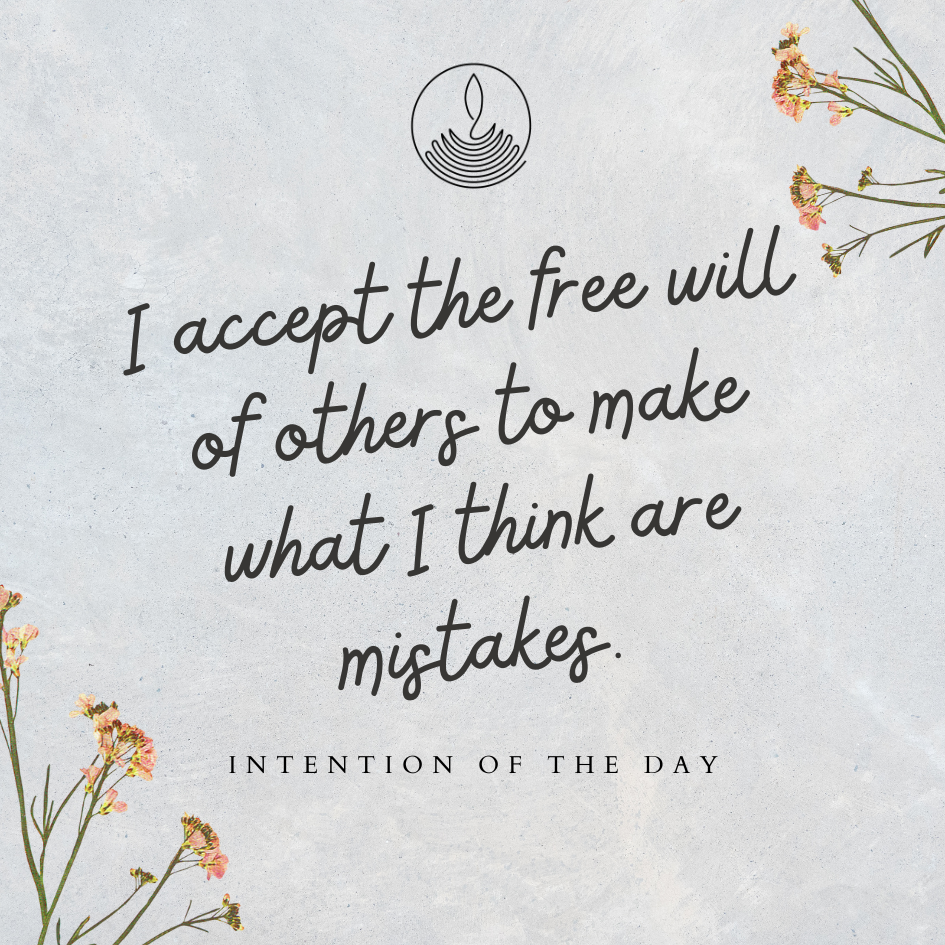
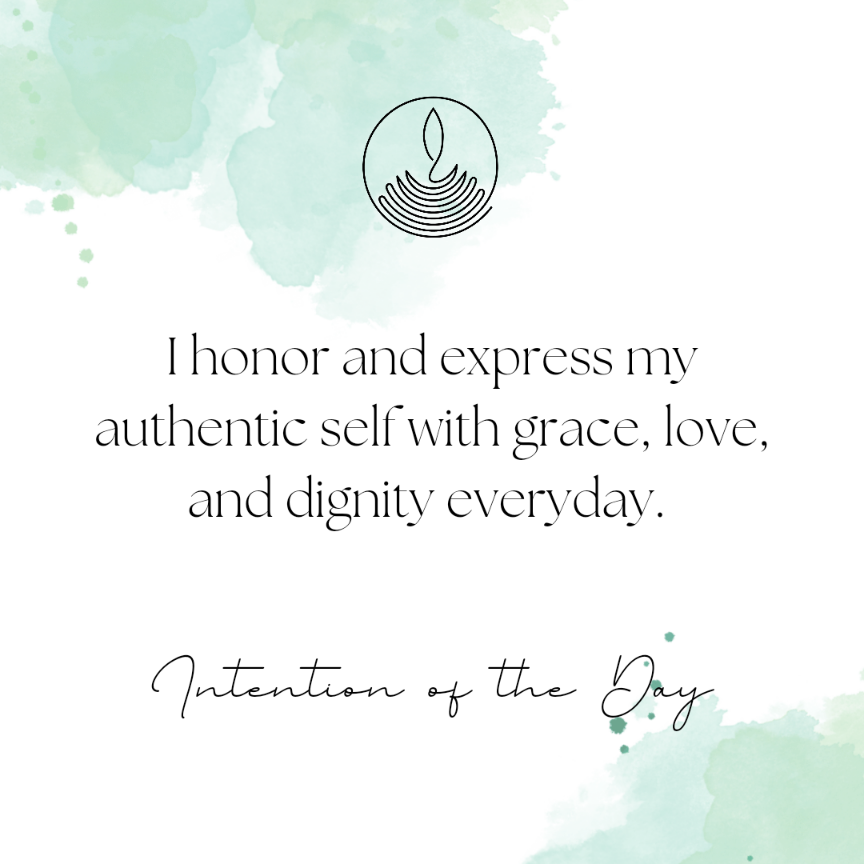
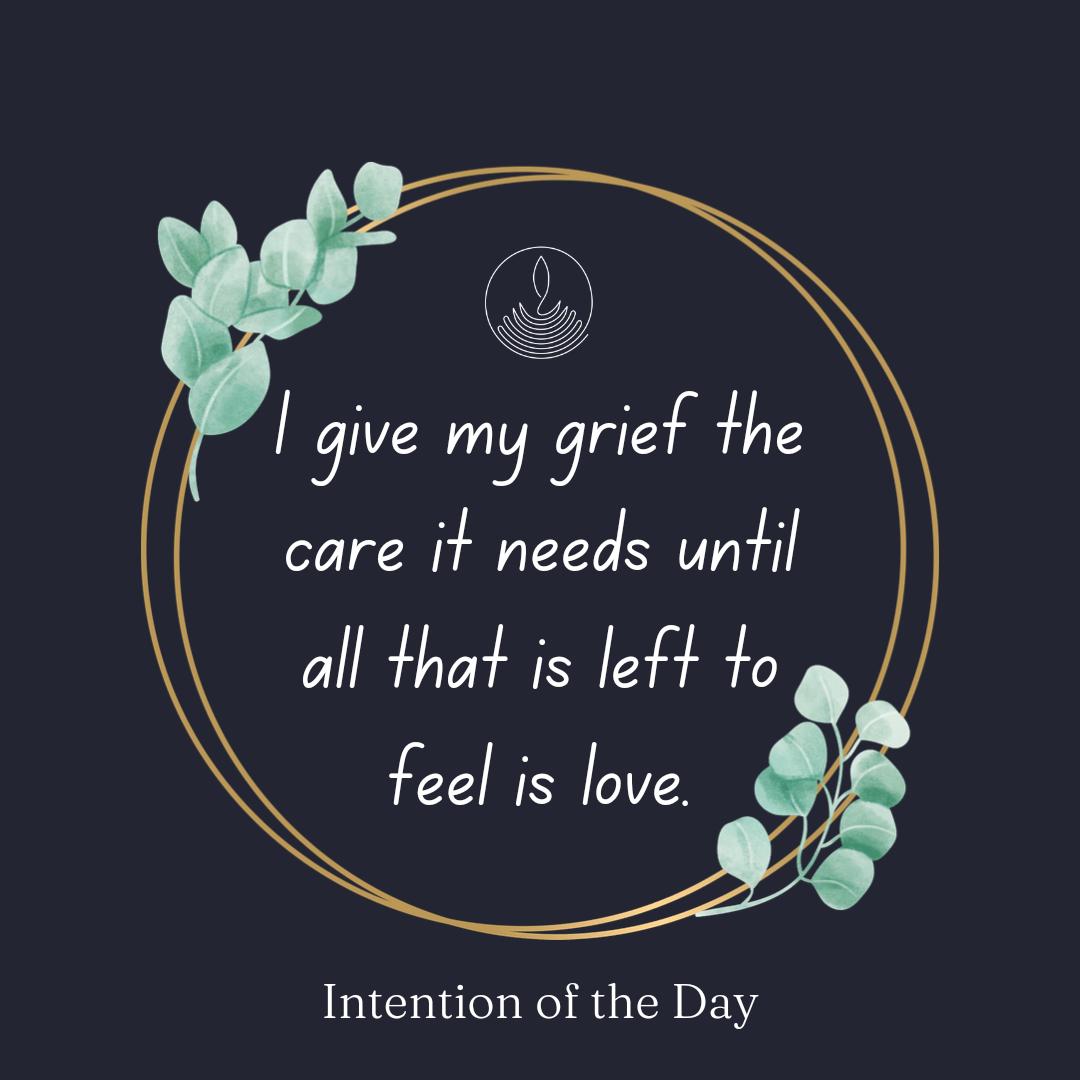
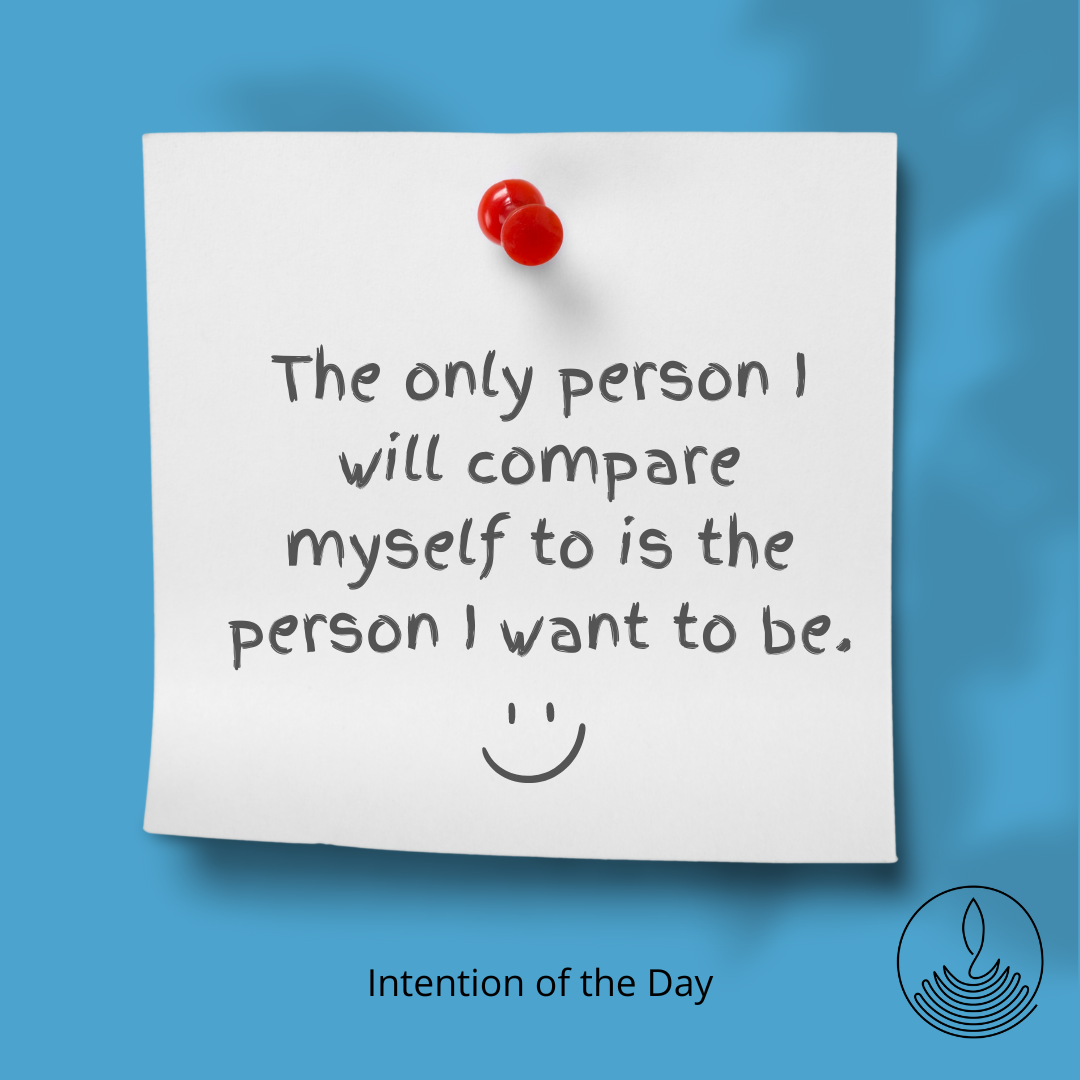
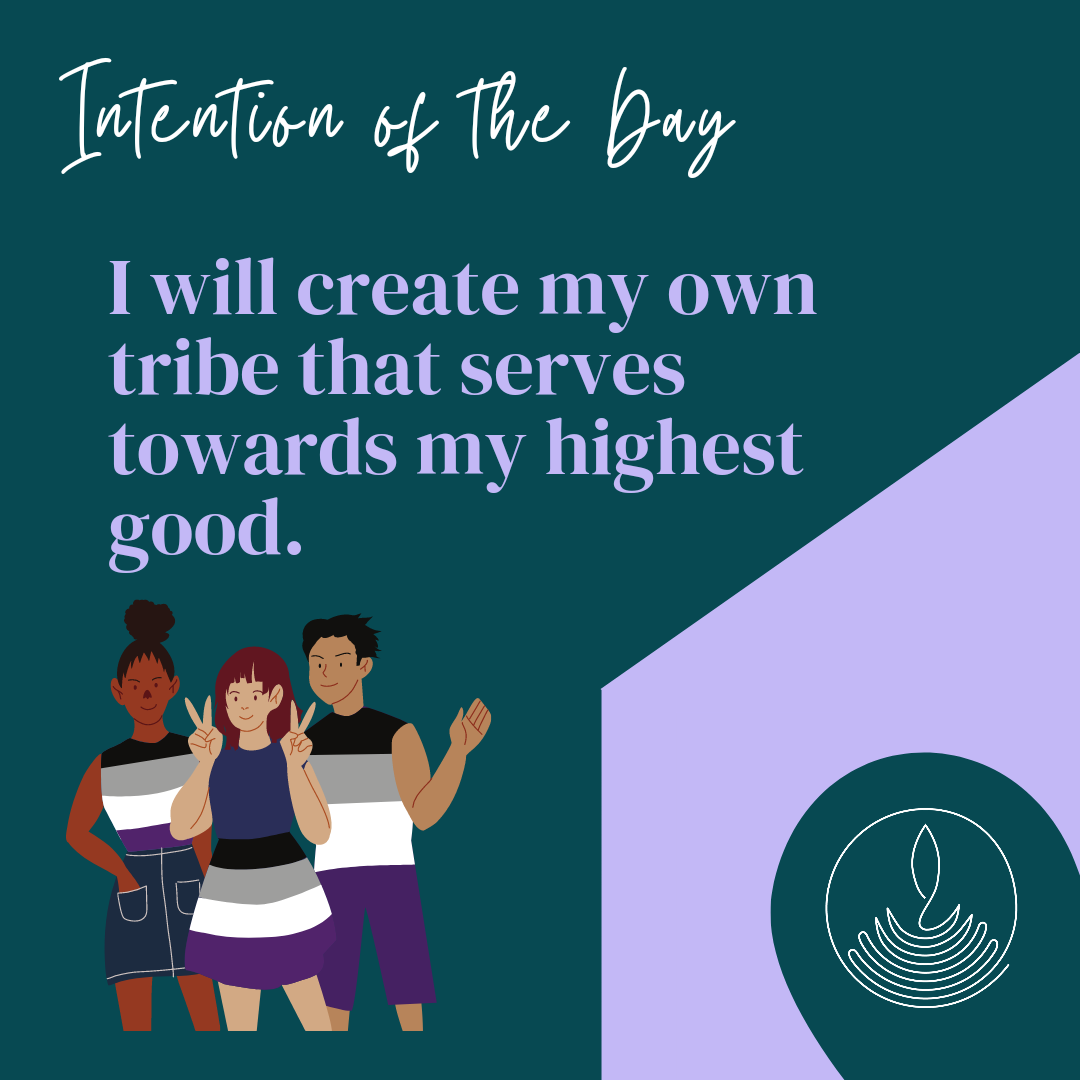
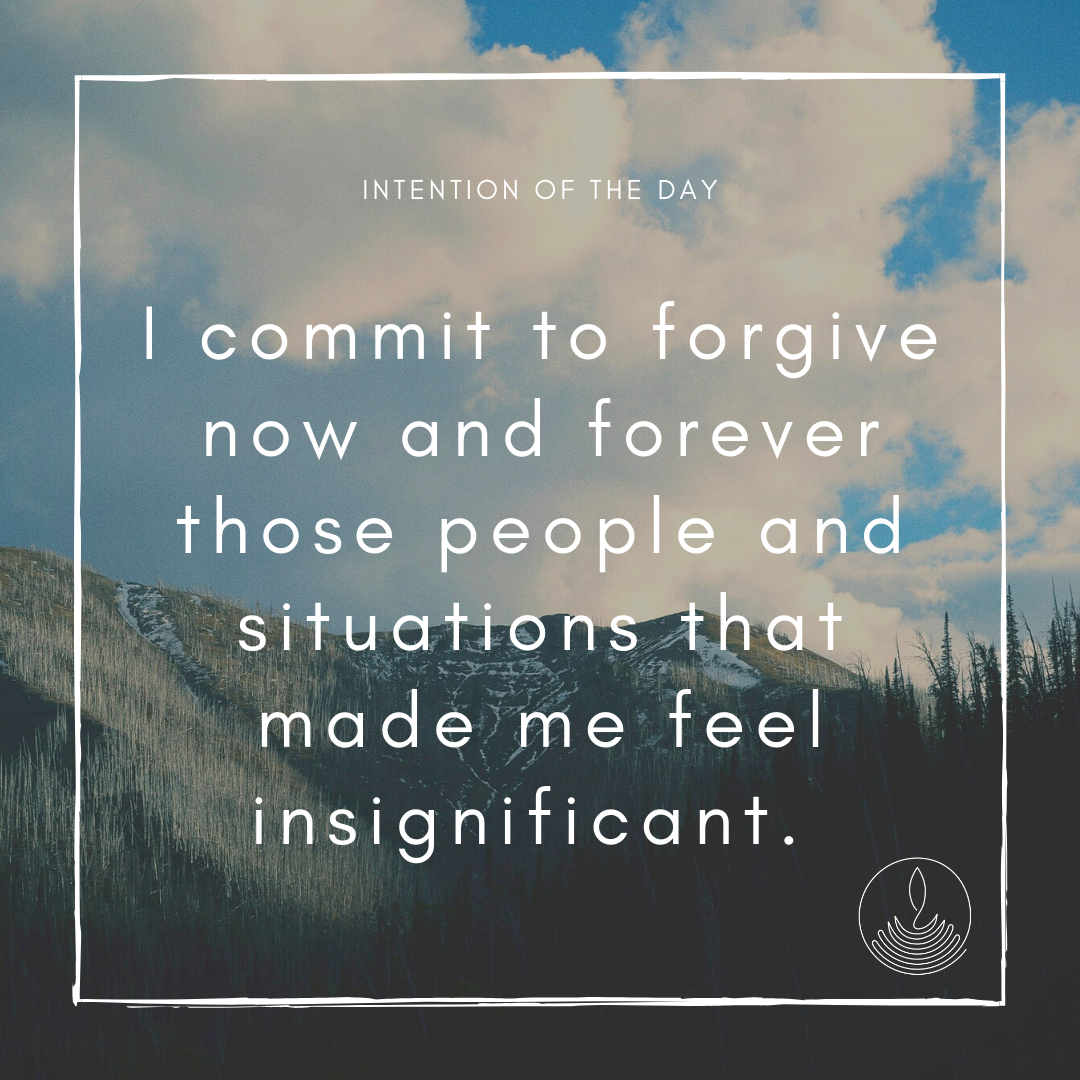
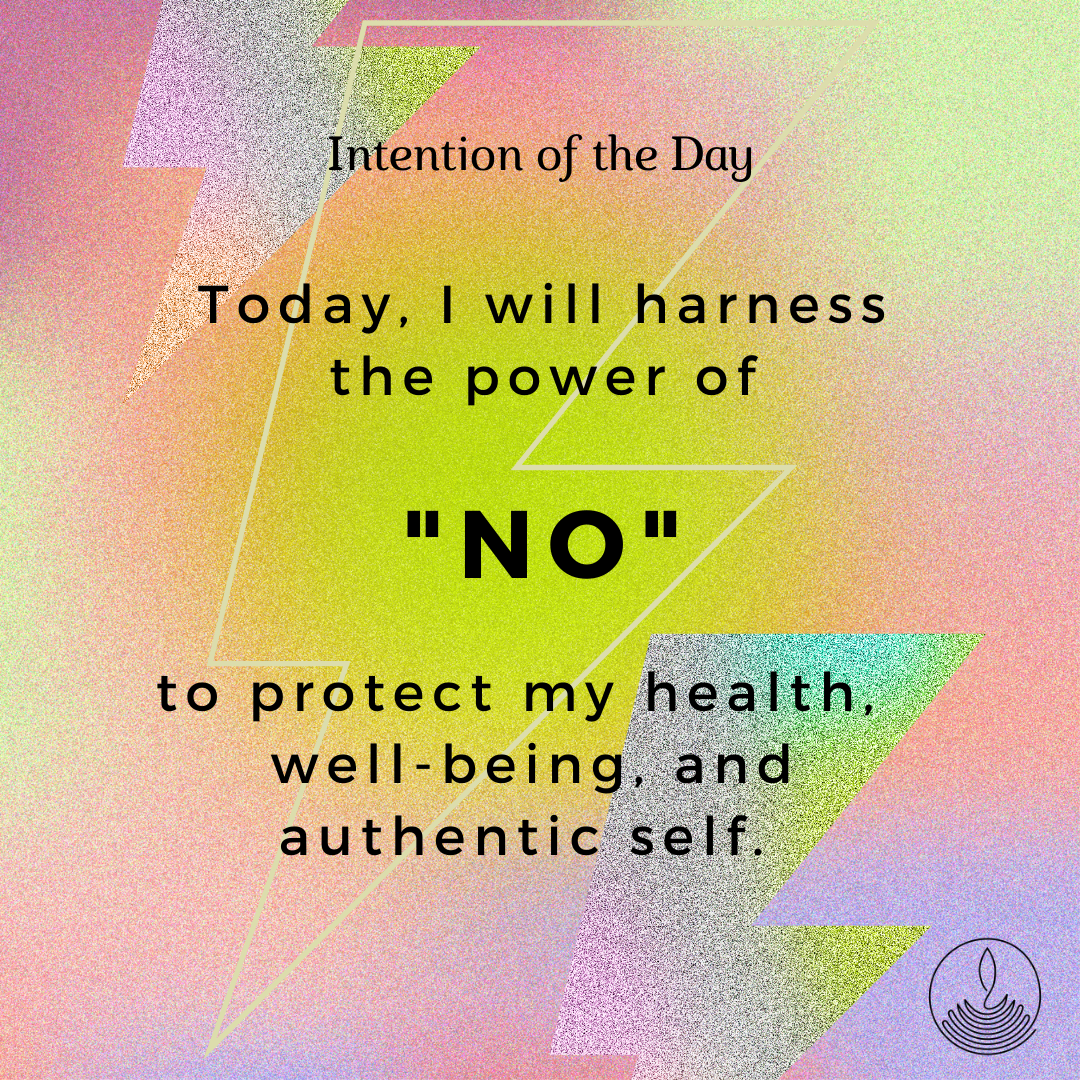
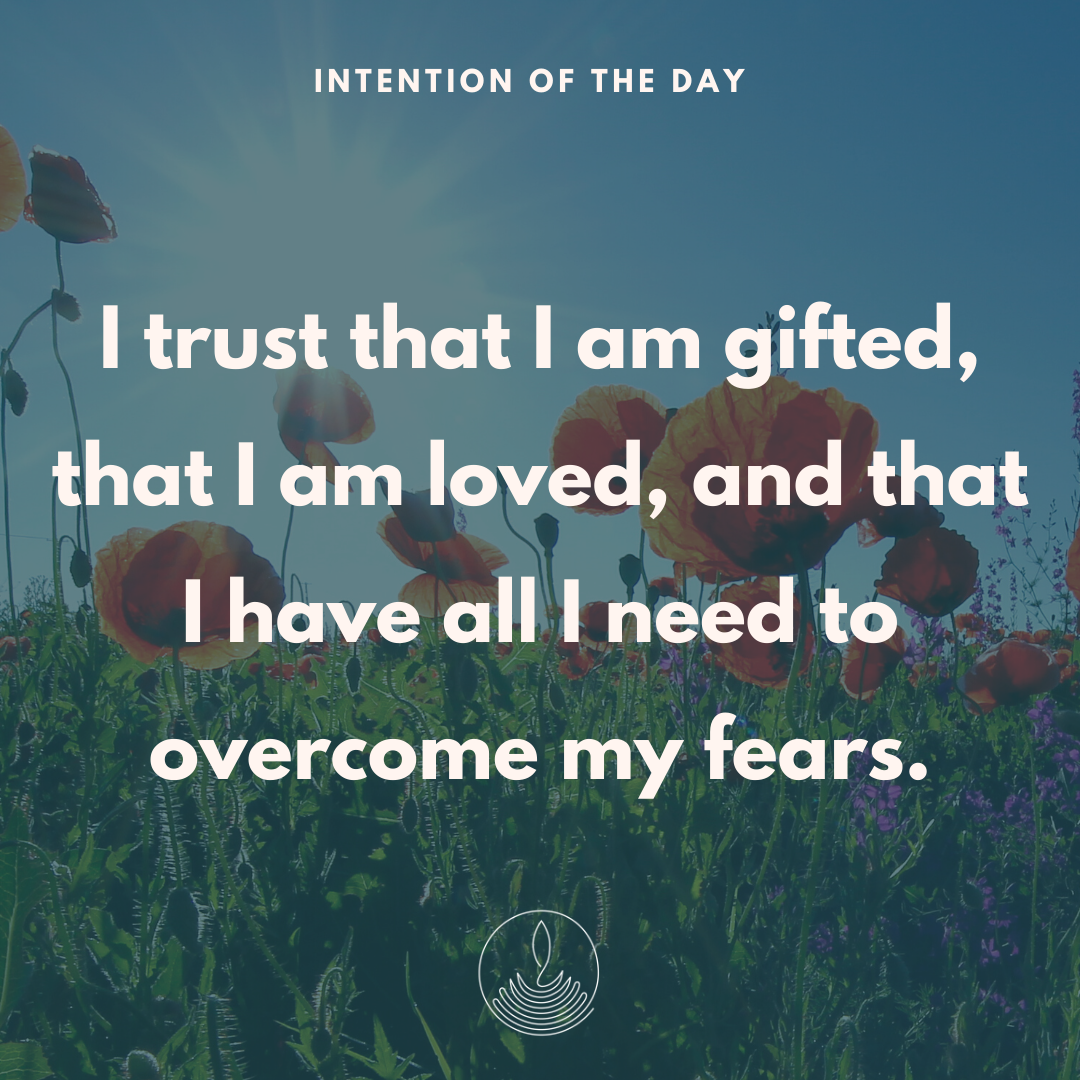
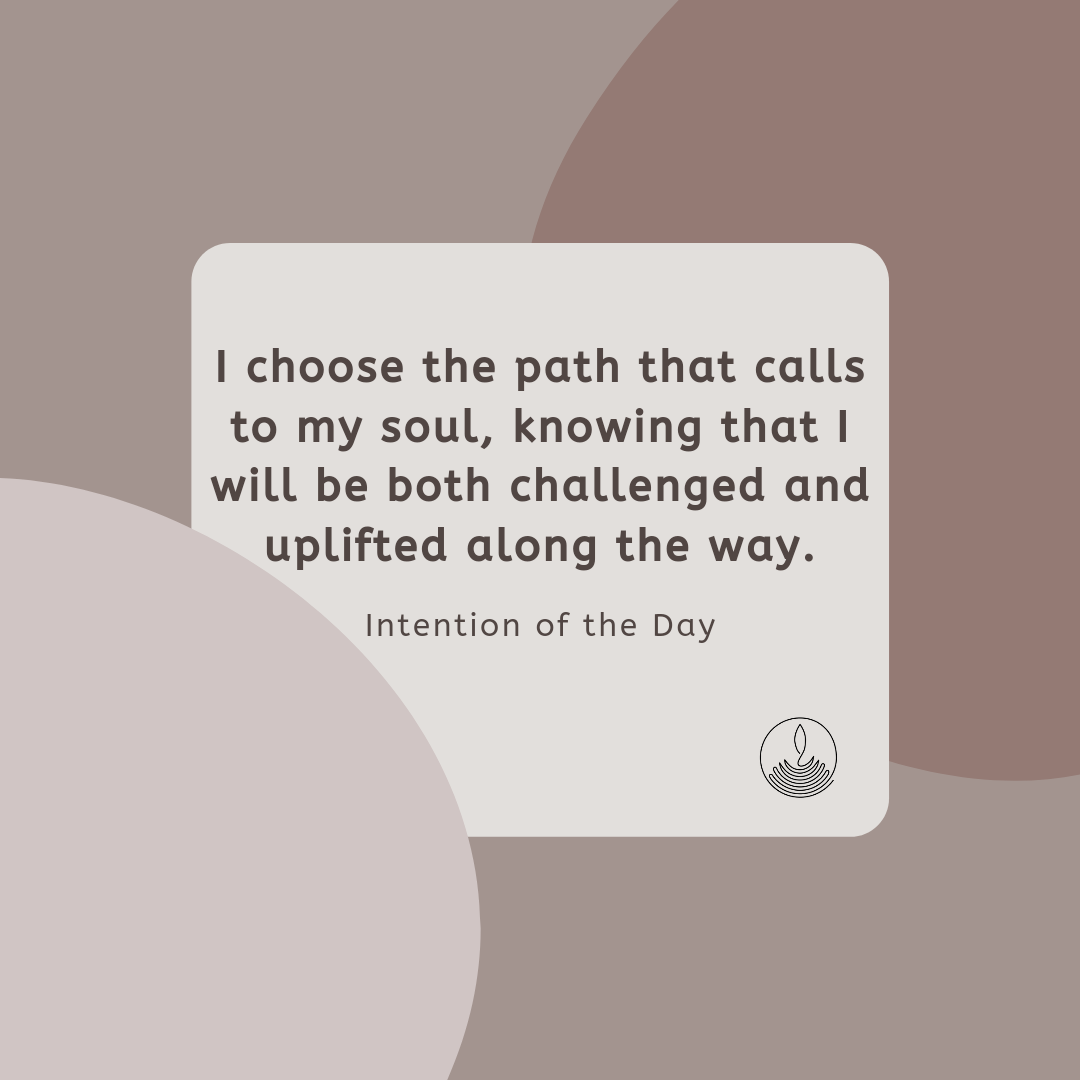
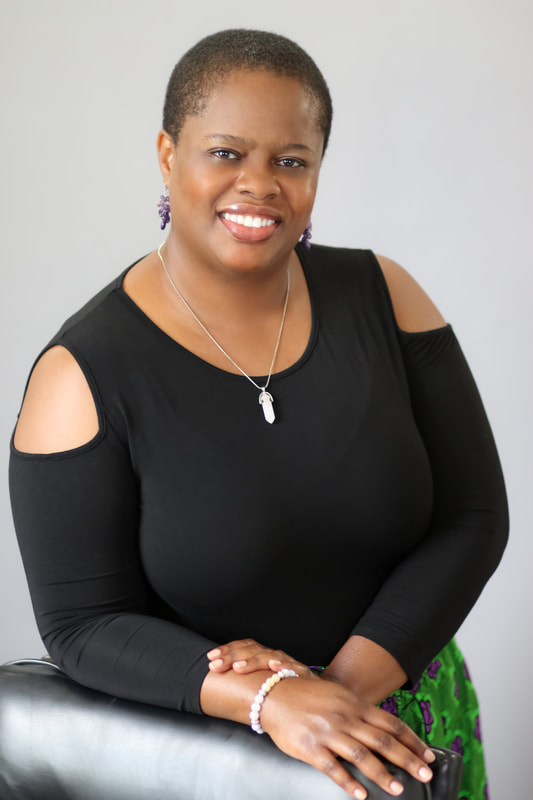

 RSS Feed
RSS Feed
